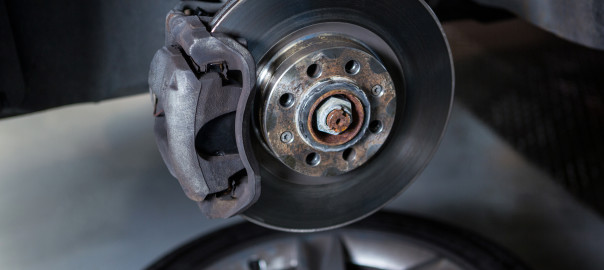In this blog entry, the Chicago roadside assistance and Chicago medium duty towing service experts here at Towing Chicago will detail the common causes of vehicle brakes being stiff.
How Brakes Work
Conventional brakes that use vacuum brake boosters are composed of two separate compartments that are separated by a diaphragm that lays between the master cylinder and the brake pedal. air is removed from the front section in order to generate a low pressure vacuum. When you apply the brake pedal it allows air into the rear chamber. brake amplifier issues are usually the main cause of stiff brakes. hydraulic fluid inside your brake system and your brake boosters combine in order to make your brake pedal much too firm. it’s much better to utilize the force that you apply directly to the brake pedal. by using a break amplifier you can simply use your foot to stop an incredibly heavy vehicle. now that you know how your heartbreak pedal system works it might be easier to troubleshoot any firmness issues with your braking system brake pedals can be difficult to press due to some of the causes that this blog entry will now elucidate on:
Brake Boosters
brakes are considered defective when brake boosters can’t sustain any vacuum pressure. Engine vacuums are essential for your power brakes to work properly. Utilizing a vacuum hose, brake boosters are directly coupled to your engine’s intake manifold, allowing your check valve to move air into the brake machine and draw air out from the brake booster’s front chamber. When this diaphragm tears or the control valve malfunctions the master cylinder won’t receive enough power from the brake booster since it will no longer be able to generate the necessary vacuum in order to do so.
Steering Pump Issues
there’s a few types of brake boosters that are commonly found in vehicles today. Sometimes brake boosters don’t use the intake valve manifold in order to create a vacuum but actually might use an electric or mechanical pump system. Some cars might have a hydraulic brake booster that uses the power steering pump’s hydraulic pressure as opposed to the engine’s vacuum. Common causes of stiff brake pedals and cars with vacuum pumps are hydraulic brake boosters include electric pump breakages, missing Serpentine belts, and not having enough power steering fluid in place.
Vacuum Hose Issues
brake boosters are connected to the engines through a vacuum pipe Which pulls an air in order to produce a suction. any breakages or fractures in this vacuum hose will drastically decrease the level of vacuum and cause your brake pedal to be much too firm. Over time many rubber vacuum hoses crack and break at their attachment areas. when the brakes are applied a buzzing noise could sound off which is caused by a vacuum hose or brake booster leak. We recommend, in this scenario, to change your vacuum pipe in order to provide solutions for stiff brake pedals.
Caliper Issues
Sometimes when brake calipers are stuck, your brakes might be much too stiff or operate with a certain level of harshness. brake calipers are absolutely essential for the proper function of your car’s brake system. When you stop your vehicle, the brake calipers press the brake pads against the rotor allowing it to function. Sometimes brake calipers get stuck or the screws that link brake calipers together get stuck, making it impossible for them to properly engage and place your brake pads into the proper position causing your brake pedal to be much too firm. have a professional towing service inspector brake pads to determine whether you have a brake caliper that’s stuck or malfunctioning.
Brake System Clogging
Sometimes, Gunk or sludge inside brake systems cause brakes to operate with way too much firmness. moisture might get into your brake system through air exposure which is then absorbed by brake fluid, eventually causing sludge or muck to accumulate, impeding the flow of brake fluid and making your pedal feel very tight. You can lower the potential accumulation of this mock and maintain proper pedal function by replacing your brake fluid around every two years.

